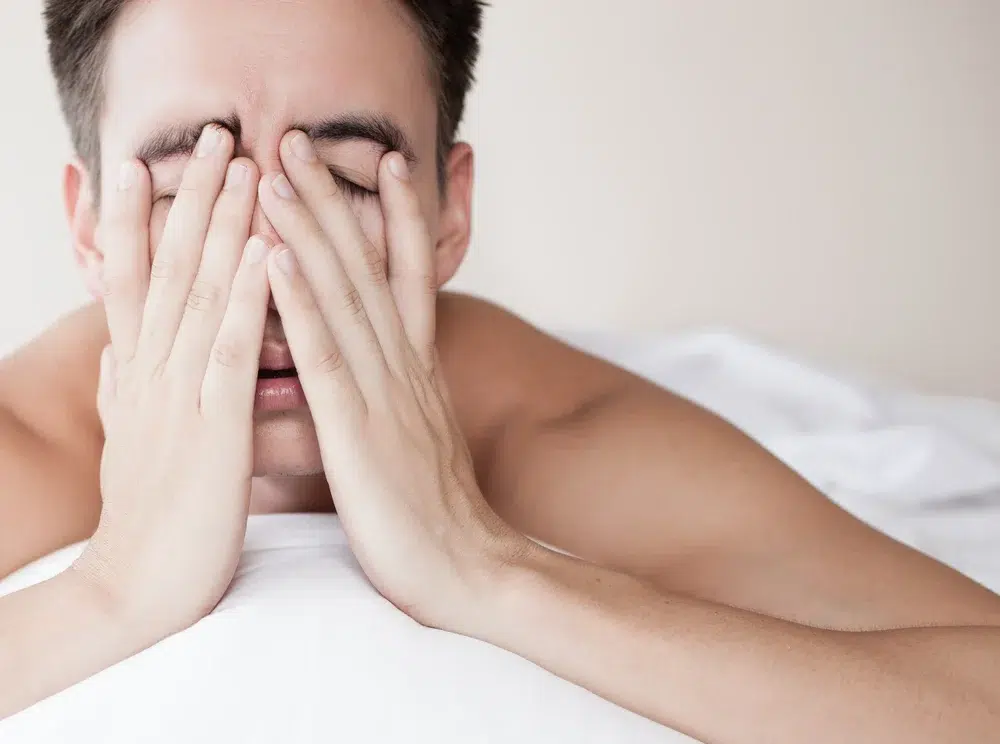If you suffer from sleep apnea, it can change the way that you live. You may find yourself constantly fatigued and lacking motivation for the things that you once loved to do. Sleep apnea can also lead to depression, irritability, and mood swings.
The best way to combat the symptoms of sleep apnea is to gain knowledge about the condition, so you can decide on the right treatment for you. Read the following to learn all about sleep apnea and your treatment options.
What Is Sleep Apnea?
Sleep apnea is a sleep disorder, where you stop breathing during the night. This order has the potential to be life-threatening, especially if you leave don’t take steps to treat the condition properly.
When you’re experiencing an episode of sleep apnea, your brain will recognize that you’ve stopped breathing and wake you up. This is why you wake up feeling tired even after you think you’ve slept for a full eight hours or longer.
What Are the Signs and Symptoms of Sleep Apnea?
Since sleep apnea occurs when you’re asleep, you might wonder about the signs and symptoms. Here’s a look at a few of the most common ones:
- Loud snoring
- Feeling tired after getting a full night’s sleep
- Fatigue
- Depression
- Uncontrolled mood swings
- Irritability
- Unable to fall asleep
- Constantly waking up during the night
- Dry mouth or sore throat when you wake up
If you recognize any of these symptoms, it’s a good idea to discuss them with your doctor.
How Is Sleep Apnea Diagnosed?

If you suspect that you have sleep apnea, it’s always a good idea to discuss your symptoms with your doctor. Your doctor might ask you to do an at-home test while you sleep. This test monitors your blood oxygen level, heart rate, breathing patterns, and airflow to document any changes throughout the night.
In some cases, your doctor might recommend nocturnal polysomnography. This test is more advanced than one that you perform at home. You’ll go to a sleep center to spend the night or at least, sleep for a few hours. The staff will attach testing equipment that monitors your breathing, heart rate, and breathing patterns.
Your doctor will review your test results and the information about the symptoms that you provided. Any abnormal results from the at-home test or nocturnal polysomnography will lead to a diagnosis of sleep apnea.
What Is the Treatment for Mild to Moderate Sleep Apnea?
Sleep apnea is a condition that won’t go away on its own. However, there are some lifestyle changes that you can make to minimize the symptoms. If you’re a little overweight, you may be able to lower your weight and lessen the symptoms.
If you have mild to moderate sleep apnea and weight isn’t a factor, there are certain treatment options available to you. An ear, nose, and throat doctor (ENT) can offer you a variety of surgical options to eliminate your sleep apnea if it’s caused by an obstruction.
Sometimes, sleep apnea is caused by an obstruction in your nose or your other airways. This is when surgery can help your mild to moderate case of sleep apnea. The options include:
Laser-Assisted Uvulopalatoplasty (LAUP)
Our surgeons use a cold laser technique to remove a rim of the soft palate containing the uvula. This can create discomfort for the first 3-5 days. However, it can significantly reduce snoring and sleep apnea episodes.
Tonsillectomy and Adenoidectomy
This procedure is performed more commonly in children who suffer from extreme snoring and mild to moderate sleep apnea, however, some young adults may need it often as well. The tonsils or adenoids are removed to reduce the obstruction.
Uvulopalatopharyngoplasty
This is one of the first surgeries performed for obstructed sleep apnea. This includes a tonsillectomy, reorientation of the anterior and posterior tonsillar pillars, and excision of the uvula and posterior rim of the soft palate. It’s the most invasive option but can significantly relieve your sleep apnea and snoring issues.
Tongue Base Reduction
Sometimes, the base of your tongue is too large and leads to sleep apnea. Coblation is the preferred method, and the use of radiofrequency energy is directed at a few points at the base of the tongue. This method shrinks the base of the tongue in the months after surgery.
Septoplasty
If you have a septum deviation, then this method will probably be used to correct it. This is a procedure performed on the bone and cartilage inside the nose., and the deviated bone or cartilage is either removed or reconstructed to make breathing easier, especially during sleep. It is often combined with submucous resection of the turbinates and vestibular stenosis repair.
Submucous Resection of Inferior Turbinates
Inside each nostril, there are three curved ridges along the sidewall called turbinates. The inferior turbinate is responsible for all the nasal congestion that you feel. This is a one-time procedure where the bone inside the inferior turbinates is resected and the turbinates are shrunken to improve airflow into the nose.
What Is the Treatment for Severe Sleep Apnea?

When you have severe sleep apnea, or you struggle with extreme obesity and sleep apnea, the ENT will refer you to a sleep specialist. The primary treatment for severe sleep apnea will be Continuous Positive Airway Pressure (CPAP) or weight loss surgery.
During sleep, you’ll wear a mask hooked to a machine the blows air into your throat. This air pressure keeps you from experiencing sleep apnea by keeping your throat open.
At C/V ENT Surgical Group, we’re ready to work with you to treat your mild to moderate sleep apnea due to an obstruction. When you’re ready to learn more about your treatment options for sleep apnea, schedule an appointment.

